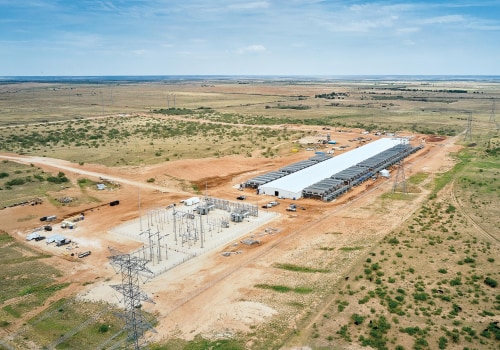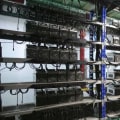Bitcoin mining can still make sense and be profitable for some people. In an effort to remain competitive, some machines have adapted. Bitcoin and other cryptocurrencies remain a high-risk, high-reward investment, with little consensus on the economic role they will play in the coming years. Determining whether cryptocurrency mining is worth it depends on several factors.
Whether a prospective miner chooses a CPU, GPU, ASIC, or cloud mining miner, the most important factors to consider are the mining rig's hash rate, power consumption, and overall costs. In general, cryptomining machines consume a considerable amount of electricity and emit significant heat. What exactly is cryptomining? It is essentially the process of creating cryptocurrencies through auditing and processing cryptocurrency transactions. Miners verify blocks of data on the blockchain, the digital public ledger that acts as the basis for Bitcoin and other cryptocurrencies.
They also add the next “block”, or transaction log, to the chain. Once they solve complex calculations, miners are rewarded with Bitcoin or whatever cryptocurrency they are mining. The calculations are so complex that they can only be performed with extremely powerful computers, the purpose of these so-called “proofs-of-work” is to set such a high bar in terms of energy and computational power spent that participation in fraud becomes unfeasible. You may have heard that miners are solving difficult math problems, which is true, but not because math itself is difficult.
The value of cryptocurrency can be derived from the continued willingness of market participants to exchange fiat currency for cryptocurrency, which can result in the permanent and total loss of the value of a particular cryptocurrency should the market for that cryptocurrency disappear. Despite increased demand for GPUs, the crypto mining gold rush quickly came to an end, as the difficulty of mining major cryptocurrencies such as Bitcoin increased just as rapidly. The biggest recurring cost is typically electricity, but this improves as miners buy more devices and scale their mining operations. However, mining has a magnetic appeal to many investors who are interested in cryptocurrencies due to the fact that miners receive rewards for their work with crypto tokens.
In other words, miners have some degree of influence on the decision-making process for issues such as bifurcation. Over time, as miners deploy more advanced machines to solve PoW, the difficulty of equations on the network increases. Bitcoin miners earn bitcoin by collecting something called a block reward plus the fees bitcoin users pay miners for securely recording their bitcoin transactions on the blockchain. But the price of bitcoin has been very volatile, which makes it difficult or impossible for miners to know how much their payment would be worth each time they receive it.
Dollars, but it is possible to use what you mine and convert it into fractional bitcoins on an exchange, then expect bitcoin to gain in value. Because some groups earn more rewards than others, miners can switch groups when needed. That, along with cheap and hopefully sustainable energy solutions that retail customers can access in some form or form, can once again make Bitcoin mining profitable for individual small miners around the world. Miners who successfully solve the hash problem but have not verified most transactions are not rewarded with bitcoin.
Miners consider official cryptocurrency mining pools to be more reliable, as they receive frequent updates from their host companies, as well as regular technical support. The shortage is also pitting cryptocurrency miners against gamers, both groups are trying to acquire the same high-power semiconductor chips. .








